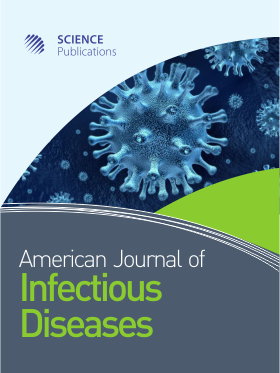HIV Medication Adherence and Substance Use: The Smartest Women’s Project
- 1 University of Miami Miller School of Medicine, United States
- 2 Barry University, United States
Abstract
Antiretroviral (ARV) medication for substance users has been a controversial issue with respect to whether current substance users can successfully maintain their medication regimens. This study compared ARV adherence across current substance users, former substance users and those with no history or current use and the relative impact of a medication adherence intervention on all three groups. Of the 481 predominantly African American and Latina women from Miami, New York and New Jersey enrolled in the SMARTEST Women’s Program, 338 participants were prescribed antiretroviral medication at study entry. All three groups, current users (n=60), former users (n=107) and never users (n=171), reported relatively high levels of adherence at baseline. Of those participants with less than 80% adherence at baseline, former users showed the most significant decrease in viral load post-intervention and at long term (two year) follow-up. These findings suggest former users to be the most reliable source of self-reported adherence and to profit most from the study intervention. They also suggest that additional research on targeted interventions for current substance users may be necessary to improve medication adherence for this group of women living with HIV.
DOI: https://doi.org/10.3844/ajidsp.2007.240.247

- 3,867 Views
- 2,550 Downloads
- 15 Citations
Download
Keywords
- Adherence
- antiretroviral therapy
- women
- substance use
- psychosocial
